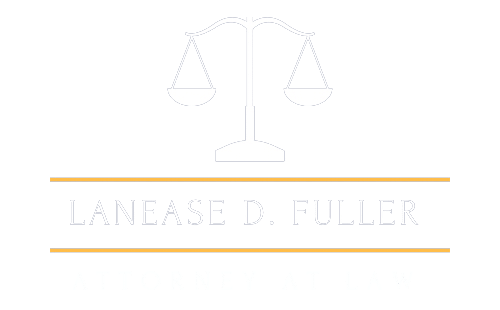In the state of Texas, drivers have the right to refuse taking a field sobriety test. This means, FSTs are not required and drivers cannot be directly penalized for not participating in the test. This is because police officers are not able to search for evidence without consent unless they have obtained a warrant. FSTs are a form of searching and collecting evidence.
If you are looking for a Texas DWI attorney to provide you with legal advice, criminal defense attorney Lanease Fuller is here to help you. She has decades of experience helping her clients with DWI charges. Whether you have refused a standardized field sobriety test or have taken one and been arrested for driving under the influence our law office can help you.
How Field Sobriety Test Results Are Used in Court
Per se DUI charges. In many cases, FST results aren’t the primary evidence used in court. In every state, it’s illegal to drive with a BAC of .08% or more (.05% or more in Utah). A DUI based on an excessive BAC is called a “per se” DUI. And in most cases, the prosecution will have chemical test results showing how much alcohol or drugs were in the driver’s system at the time of the arrest. If the test results show an unlawful BAC, the prosecution doesn’t need to prove actual driver impairment or rely on FST results for any other reasons. Generally, BAC test results are enough to prove a per se DUI charge.
Impairment DUI charges. It’s also illegal in every state to operate a vehicle while actually impaired by drugs or alcohol. In some cases, BAC test results aren’t available for one reason or another, so proving impairment is necessary to get a conviction. For prosecutors trying to prove an impairment DUI charge, FST performance can be useful. In these situations, the prosecutor would call the arresting officer as a witness at trial to testify about his or her observations during the FSTs that might indicate impairment.
FST performance and issues of probable cause. In some cases, defendants argue a DUI arrest wasn’t lawful because there wasn’t enough evidence of impairment to supply the arresting officer with probable cause. In these cases, the prosecution might use officer testimony regarding FST performance to show the arrest was supported by probable cause.
Admissibility of FST performance. Generally, an officer’s FST observations are admissible evidence in court. However, in some cases, judges might require expert testimony related to the significance of FST results before admitting officer FST observations. In other words, an expert would need to explain how and why the FST impairment clues provide evidence of driver intoxication. For example, courts in many states have held that the correlation between abnormal eye movement and impairment (an impairment clue for the horizontal gaze nystagmus test) isn’t common knowledge. So, for these observations to be admissible in court, a qualified expert must testify as to this correlation.
Experienced DUI Attorney in Houston, Texas
Attorney Fuller is a seasoned attorney with nearly three decades of experience representing a wide range of clients. This includes individuals who have suffered an injury due to another’s actions, individuals facing criminal charges, those who have been arrested for DWI, individuals who have found themselves in a civil litigation dispute, and those looking for legal guidance in business.
After filling out a client intake form, Attorney Lanease D. Fuller will take appropriate action in your case to help you get the results you are looking for. This includes but not limited to gathering evidence, going to trial, and earning a settlement that is appropriate for your specific situation. Reach out to us today to take the first step towards settling your case.
LANEASE D. FULLER LAW
4615 S. Frwy St. 820
Houston, TX 77051
713-439-7400
Google Listing


